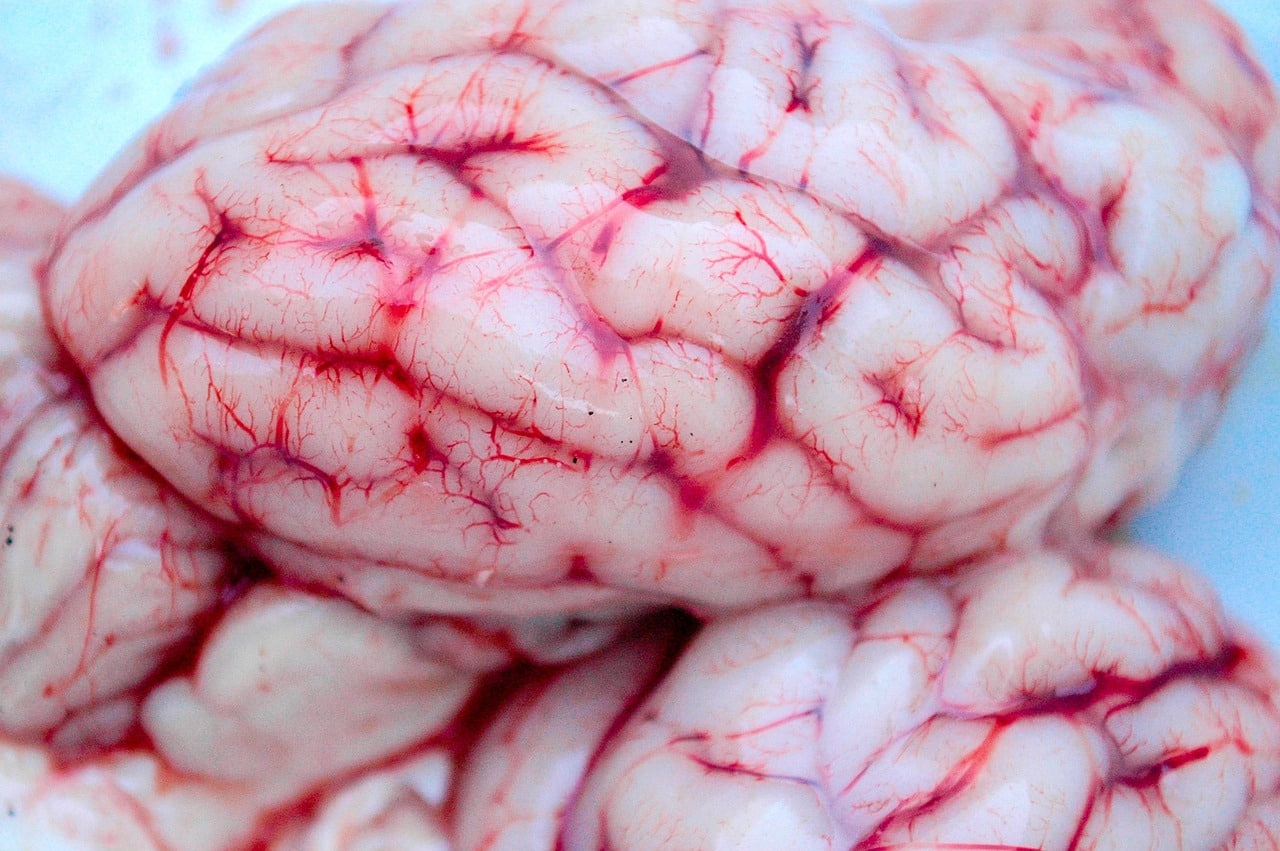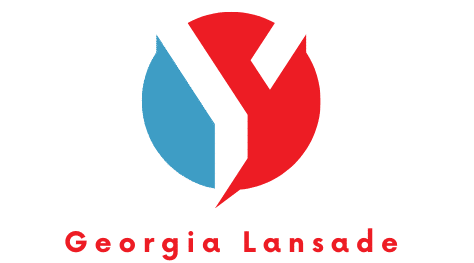What impact does music therapy have on patients with neurological disorders?

Music therapy has been gaining traction as a non-invasive form of treatment for several neurological disorders. Various studies available on PubMed and PMC highlight its potential in improving the quality of life for patients dealing with conditions such as stroke, Parkinson’s disease, multiple sclerosis, and traumatic brain injury. But what exactly does music therapy entail? And how does it impact the brain to effect change?
Music Therapy: The Harmony of Healing
Music therapy is an evidence-based approach where certified music therapists use musical interventions to address physical, emotional, cognitive, and social needs of individuals. It’s a versatile form of therapy that can be adapted to suit individual needs and can be effective for people of all ages, from premies to the elderly.
En parallèle : Can blockchain technology enhance the transparency of supply chains in the food industry?
The process usually involves creating, listening, moving to, and/or singing music. You don’t need to be musically inclined to benefit from these sessions. It’s the experience and the process that’s therapeutic, not the end product.
Music therapy has been shown to have positive effects on patients with neurological disorders. Studies conducted on the topic show a significant improvement in motor skills, mood, and overall quality of life.
A lire aussi : How do indigenous communities contribute to biodiversity conservation?
The Rhythm of the Brain and Music Therapy
Our brains have a unique relationship with music. It’s one of the few activities that stimulates the entire brain, engaging both hemispheres simultaneously. This full-brain engagement makes music a powerful tool for neurologic rehabilitation.
Music listening, in particular, activates the auditory, motor, and limbic (emotional) regions of the brain. When used therapeutically, it can help retrain these brain areas, improving a patient’s cognitive and motor functions. It also stimulates the release of dopamine, a neurotransmitter associated with pleasure and reward, which can help improve mood disorders commonly experienced by patients with neurological conditions.
Furthermore, music can induce neuroplasticity, the brain’s ability to reorganize and form new neural connections. This is particularly helpful for patients with acquired brain injuries like stroke. Brain scans of patients with stroke, who underwent music interventions, showed increased connectivity and activation in the areas of the brain responsible for movement.
Melody and Movement: Combatting Parkinson’s Disease and Multiple Sclerosis
Music therapy has shown beneficial effects for patients dealing with Parkinson’s disease and Multiple Sclerosis. These conditions affect a person’s motor skills, causing tremors, rigidity, and problems with balance and coordination.
The rhythm of music provides an external cue that can help these patients move more smoothly and naturally. When patients listen to music and attempt to match their movements to the beat, they can regain control over their movements and reduce the severity of their symptoms.
In a review of several studies available on PubMed, patients with Parkinson’s disease who participated in music therapy sessions showed improvement in their gait and overall motor performance. Similar effects were observed in patients with Multiple Sclerosis.
Soothing the Traumatized Brain: Music Therapy and Traumatic Brain Injury
Traumatic brain injury (TBI) can lead to a wide range of physical, cognitive, and emotional complications. These may include memory and attention problems, impaired motor skills, depression, and anxiety.
Music therapy, with its multi-faceted approach, can help address these issues. The rhythmic stimulation can help improve motor function while songwriting and improvisation can aid in cognitive rehabilitation. Moreover, music’s emotional component can help these patients express their feelings and improve their mood.
One study on PMC showed that TBI patients who participated in music therapy sessions had improved memory recall, mood, and quality of life compared to those who did not.
To conclude, music therapy can be a potent tool in the arsenal against neurological disorders. Its unique capacity to engage the entire brain, empowering neuroplasticity, makes it an ideal non-invasive treatment. A growing body of evidence on PubMed and PMC supports its efficacy in improving motor skills, cognitive function, and mood for patients with stroke, Parkinson’s disease, Multiple Sclerosis, and traumatic brain injury.
While it may not be a cure, its positive impact on the quality of life is undeniable. As our understanding of music and the brain deepens, we can expect to see more tailored and effective interventions from music therapists. The symphony of healing, it seems, has only just begun.
